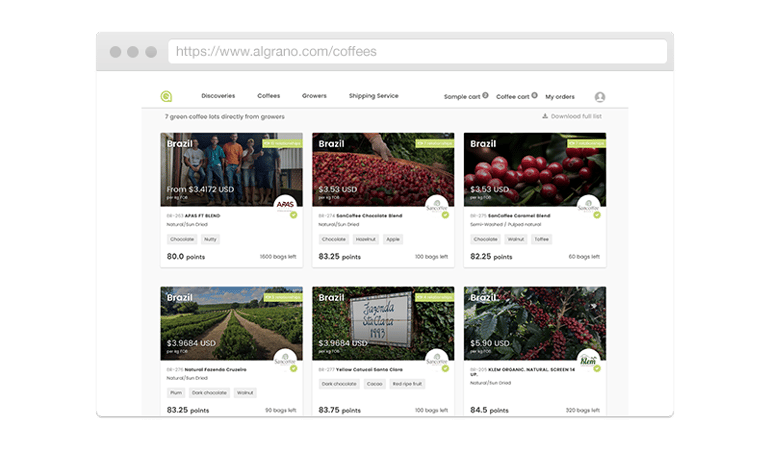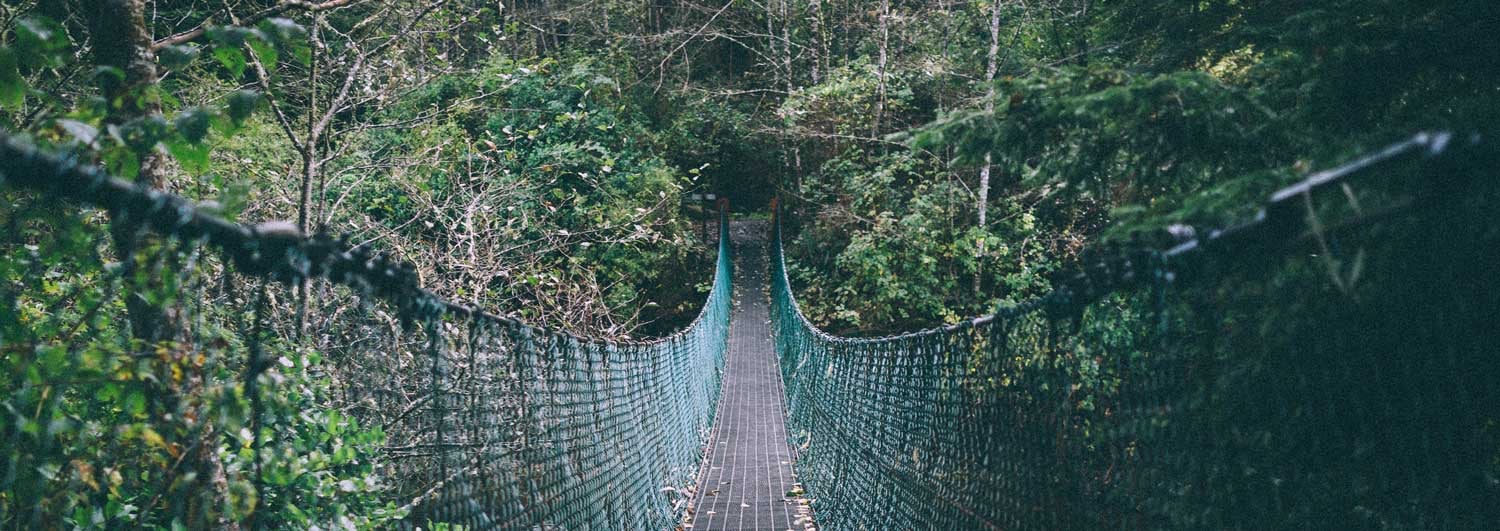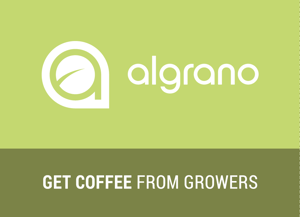All the coffee lots you find at Algrano have been priced by the producers. All offers made by them are also based on fixed prices, which is nothing unusual when it comes to specialty micro-lots, but not necessarily the norm when it comes to commercial lots, which can also be priced based on differentials. Pricing coffee is a complex topic that relies on the knowledge a producer has of the market beyond the NY rates. Sometimes the pricing is spot on. Sometimes it isn’t.
This is not to say that growers are not doing their homework but rather that access to market information is limited. And that it also takes knowing a customer well to learn how to best price a coffee lot. You will know, as a roaster, that pricing your coffee involves cost calculations, gauging the competition and evaluating different clients based on volume, potential and specific circumstances. You have to weigh these factors on a case by case basis.
The same goes for green coffee. This means that even though growers will fix their prices at a level they consider to be fair at a given moment on Algrano, most of the time rates can be negotiated. Not only as a function of volume but also of circumstance. This is true for first-time purchases and especially valid for long-term relationships. “It is always better to have a good negotiation than a bad business,” says Alessandro Alvez Hervaz, vice-president of Coopervass (Cooperativa Agropecuária do Vale do Sapucaí), in Brazil.
To encourage roasters to engage in this empowering - and often lively - process we decided to list important topics to consider when negotiating the price of coffee:
1. A good negotiation has no losers
A roaster can think that making an offer on coffee is only to their advantage but that is not always the case. Negotiation offers growers insight into the market, allow them to learn about specific countries and make their pricing more efficient in the future to attract more buyers.
Timing and circumstances are also key factors. The longer it takes for a producer to sell a coffee the more costs he or she incurs locally in warehousing or loan interests. “An offer, even if lower than their original price idea, can bring them more money in the long term than holding and eventually selling into a lower local market,” explains Richard Bliaut, Algrano’s Trade and Relationship Development.
2. Fixed prices don’t account for time or volume variations
The difficulty in setting fixed prices is that it doesn’t reflect the plasticity of pricing when it comes to different volumes. A price is usually set based on a minimum volume and bigger quantities bring cost efficiencies. A producer can have bands or ranges in which they know they can have flexibility (ie. there is a price for 10 bags, one for 30 bags, one for 50+ bags etc). The best way to find out if you can get a better price is to ask the grower about it. Do bear in mind that this works both ways. A big lot can also be made available in small quantities but at a price increase.
Oscar Daza Bautista from Hacienda Cafetalera La Pradera in Colombia explains that timing is also a factor to consider when negotiating. “We have a good client that always contracts coffee around harvest time. This year they got in touch months earlier. The guarantee of purchase allows for more flexibility of price and we can find a balance between the two parts. We need to listen to each other and find something that works,” he says.
3. Negotiation is a door opener
An offer is a conversation starter between a roaster and a producer. It gives you the chance to discuss the quality of the coffee and why you need a different price. It gives the grower the opportunity to explain his processes. This conversation alone can add value to the coffee and teach roasters a thing or two about origin. Maybe you’ll be convinced the price should be what it is in the end. Maybe you can meet in the middle. Maybe you’ll revisit the following year. It is all positive.
Emmanuel Rusatira from Baho Coffee, in Rwanda, says coffee can have multiple prices. “There is the price of breaking even, the price that allows for a second payment to the farmers and a price that allows to do all that and invest back in the community and the business.” The third option is best from the financial point of view, of course, but creating a relationship with a roaster and securing your business for the coming years beats an individual price every time.
There is an unspoken etiquette when negotiating, of course. “If your offer idea is more than 20% below what they’re asking just don’t make it, the exemption being when the asking price is too high for the quality,” says Richard. If you need a cheaper lot, it might be better to approach the producer about similar coffees he may have at a lower price. “The farmers are apprehensive to discuss prices when they are too low,” says Alessandro. According to him, farmers often miss deals for small reasons and lack of communication, so negotiating can actually help.
4. Be ready for the counteroffer
Negotiating is a two-way street and you should be open to receive a counteroffer. Your asking price might be possible to meet with a small quantity increase, for example. If a grower can’t meet your asking price, try to understand why. “As producers, we need to make sure that the client receives the coffee as they ordered, with the same quality. That way the roaster’s costumers will be satisfied. And as buyers, roasters need to make sure that the producers can keep a healthy operation,” Oscar explains.
In the end, negotiating is one of the best ways to engage the two ends of the supply chain on pricing matters, making everyone more experienced and knowledgeable. It is the type of information you won’t find in books, courses or webinars. The grower learns about the international market and the roaster learns about the origin. As Richard puts it: “Discussing pricing is part of the learning process for both sides and can be fun if done with respect and from an informed position.”
So give it a go! There is little to lose and lots to gain in experience and deeper connections.
***
Are you ready to try out these principles? Discover new coffees and talk to growers in the platform.

Don't have an account yet? Sign up to Algrano (it's free) and start meeting growers and browsing their amazing coffees.





Let Us Know What You Thought about this Post.
Put your Comment Below.